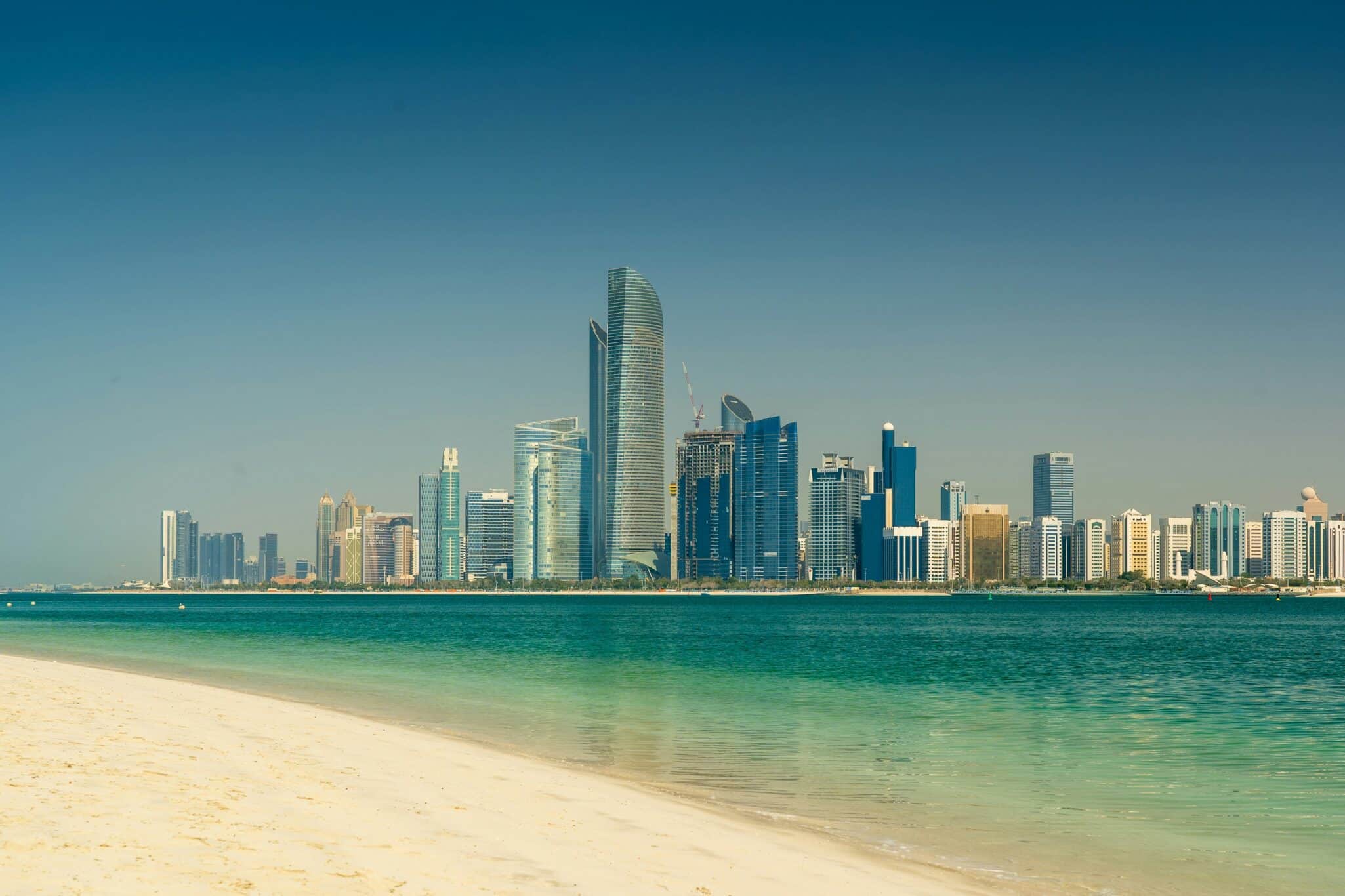Key Takeaways
- Abu Dhabi recorded a 29% year-on-year increase in new agricultural, fisheries, and livestock licences in the first nine months of 2025.
- Active licences in the sector rose 13.5% to 1,425 by the end of Q3 2025.
- Al Ain Region accounted for more than 60% of new and active licences, reinforcing its role as an agricultural hub.
- Expanded farm-based economic activities are expected to further accelerate sector growth.
- The growth reflects Abu Dhabi’s broader strategy to support food security, smart agriculture, and investor confidence.
Abu Dhabi Registration Authority Reports Rising Agricultural Activity
The Abu Dhabi Registration Authority (ADRA), the business sector development and regulatory arm of the Abu Dhabi Department of Economic Development (ADDED), has reported significant growth in agricultural, fisheries, and livestock licences between January and September 2025, compared with the same period in 2024.
According to ADRA data, 152 new licences were issued across these sectors during the first nine months of 2025, representing a 29% increase from 118 licences issued in the corresponding period last year. By the end of Q3 2025, the total number of active licences reached 1,425, up 13.5% from 1,255 a year earlier.
The figures highlight the growing attractiveness of Abu Dhabi’s agri-food sector to both local and international investors, supported by targeted initiatives aimed at strengthening food security and advancing smart agriculture.
Al Ain Region Drives Majority of Agricultural Licence Growth
Al Ain’s Central Role in Abu Dhabi’s Agriculture Strategy
The Al Ain Region accounted for the majority of agricultural, fisheries, and livestock licences issued during the reporting period. New licences in Al Ain represented 61.8% of all new licences issued in the sector between January and September 2025, while the region held 63% of all active licences across Abu Dhabi.
Al Ain recorded 94 new agricultural economic licences in the first nine months of 2025, bringing the total number of active licences in the region to 896. These businesses contribute directly to food security, job creation, and economic diversification within the emirate.
Agriculture remains a priority sector within ADDED’s integrated development plans for Al Ain, with a focus on public-private partnerships, expanding investment opportunities, and developing sector-specific talent.
Expanded Farm Activities Expected to Support Continued Growth
Policy Changes Broaden On-Farm Economic Opportunities
Further growth in the agricultural sector is expected following the expansion of permissible economic activities that can be carried out on farms. A decision issued in 2025 increased the number of allowed farm-based economic activities from 71 to 145.
The newly added activities span multiple categories, including plant production, food support services, industrial support, recreational activities, and general support services. This policy shift is designed to open new revenue streams for farm owners and encourage diversification into agri-industries, tourism, and heritage-related activities.
Abu Dhabi Strengthens Ecosystem for Smart and Sustainable Agriculture
His Excellency Mohammed Muneef Al Mansoori, Director General of ADRA, said the sustained growth in licences reflects the effectiveness of coordinated initiatives across the emirate.
“Abu Dhabi is focused on providing an integrated ecosystem to support agriculture, fisheries, and livestock activities due to their vital role in achieving food security,” Al Mansoori said. “The continued high growth of economic licences in the sector over recent years reflects the effectiveness of initiatives launched by various entities in the emirate to support investors and entrepreneurs.”
He added that ADRA continues to enhance ease of doing business through support programmes, including the Farm Licence, Freelancer, and Tajer Abu Dhabi licences, which enable a broad range of agricultural and advisory activities.
Long-Term Growth Trends Reinforce Sector Momentum
The latest figures build on strong performance in recent years. In 2024, new licences in agriculture, fisheries, and livestock activities increased by 103%. Over the past five years, the value of agricultural, forestry, and fisheries output rose by 38%, reaching AED 9.5 billion in 2024, while agricultural and food product exports increased by 37.5% to AED 8.7 billion.


